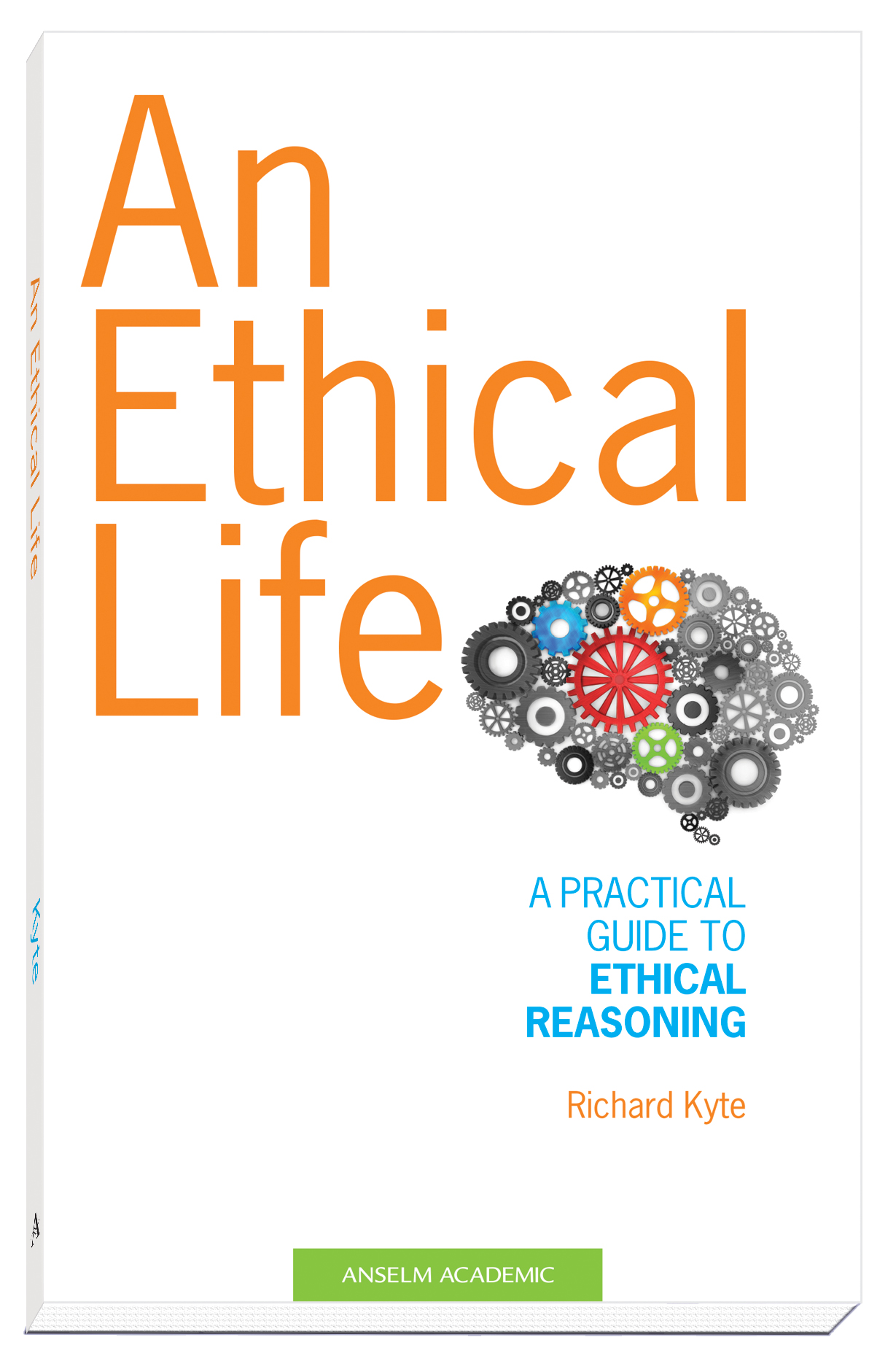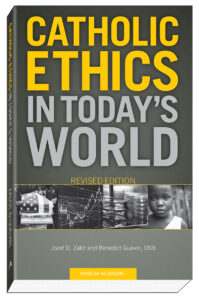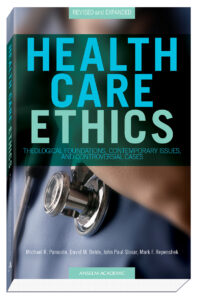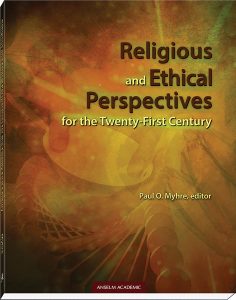An Ethical Life
A Practical Guide to Ethical Reasoning
About This Book
Overview
An Ethical Life is a highly readable, engaging, and eminently practical guide for anyone who wants to learn how to think more clearly, deeply, and consistently about ethics. If your students have ever struggled to explain what makes any given decision ethical, or how one should “decide” what is right, this book is for you.
Using a framework for discussion and deliberation called the Four-Way Method for Ethical Decision-Making, Richard Kyte shows students how it’s possible to work out complex ethical problems on their own. Grappling with ethical issues, and being able to articulate the reasoning behind decision-making, requires the development of native abilities only—no sophisticated theories necessary.
Other features of An Ethical Life:
• Biographies introduce influential philosophers in the history of ethics
• Activity boxes provide exercises for in-class activities or group exercises
• An appendix on method application includes case and issue examples
After finishing the book, readers will come away confident that ethical reasoning is a skill everyone is capable of learning and mastering, just like any other. Most important, students will discover that this skill can be practically employed to live life more fully, meaningfully, and well.
Details
| Weight | 0.7 lbs |
|---|---|
| Dimensions | 5.375 × 1.5 × 8.25 in |
| Format | Softcover |
| Print ISBN | 978-1-59982-074-3 |
| Pages | 254 |
| Item # | 7040 |
|---|
Customer Reviews
“Dr. Kyte’s book provided me with a solid foundation of ethics and one of the most useful tools in my thirty-one years of engineering. The model he presents as his four-way method for ethical decision making is outstanding. . . . At Toro, we have applied this model to several very significant decisions and have enjoyed the journey we experienced, especially the outcome. An outstanding book filled with valuable concepts/techniques for ethical decision making.”
”Richard Kyte’s An Ethical Life: A Practical Guide to Ethical Reasoning is first-rate. It is wonderfully accessible, deeply informed, and genuinely constructive. The text’s integrating theme is that the influential and contending theories arising out of Mill’s utilitarianism, Kant’s categorical imperative, and an Aristotelian account of the virtues can converge—creatively—in one’s personal moral vision, in our shared problem-solving, and in fashioning good public policy. This creative convergence, Kyte emphasizes, depends on a healthy regard for the framework of facts that at every level are the context of moral inquiry.”
Loyola Marymount University
“The book’s strength is that it moves beyond the usual technical language of moral theory to give students a practical and useful vocabulary for thinking more precisely about ethical arguments.”
Table of Contents
Preface
A Note to Instructors
1. Concepts and Misconceptions
Misconception 1: Ethics and Morality Are Distinct
Misconception 2: Ethics Is “Nothing but Words”
Misconception 3: Ethics Is Just a Matter of Opinion
Misconception 4: Ethics Consists of a Set of Values
Misconception 5: Ethics Consists of Moral Absolutes
Misconception 6: Ethics Consists of a Set of Rules
Misconception 7: Each Person Decides What Is Ethical
Misconception 8: Conscience Decides What Is Ethical
Misconception 9: Experts Decide What Is Ethical
Misconception 10: Society Decides What Is Ethical
Misconception 11: The Powerful Decide What Is Ethical
Misconception 12: Ethics Is Separate from Religion
Misconception 13: Human Beings Keep Getting
Morally Worse
Conclusion: Ethics as Common Sense
2. Four Ways of Ethical Thinking
Four Ways of Ethical Thinking
A Case Study in Ethical Disagreement
The Four-Way Method for Ethical Decision Making
Conclusion
3. Truth
Responsibility
Acknowledgment
Discernment
Conclusion
Suggestions for Further Reading on Truth
4. Consequences
What Makes Some Consequences More Significant than Others?
Is the Consideration of Consequences Itself Unethical?
Conclusion
Suggestions for Further Reading on Consequences
5. Fairness
Thucydides’s Challenge
Responses to Thucydides
The Scope of Fairness
The Principle of Autonomy
Justice as Fairness
Conclusion
Suggestions for Further Reading on Fairness
6. Character
Character and the Virtues
The Seven Classical Virtues
The Theological Virtues
Applying the Virtues to Cases
Conclusion
Suggestions for Further Reading on Character
Appendix: Using the Four-Way Method
Group Decision Making
Communicating
Writing Case Studies and Issue Analyses
Final Remarks
Recommended Reading
Index
Charts and Diagrams
Four-Way Method
Moral Responsibility 1
Moral Responsibility 2
The New Stadium
Yin Yang
The Cardinal Virtues
Virtues and Their Corresponding Vices
The Theological Virtues






